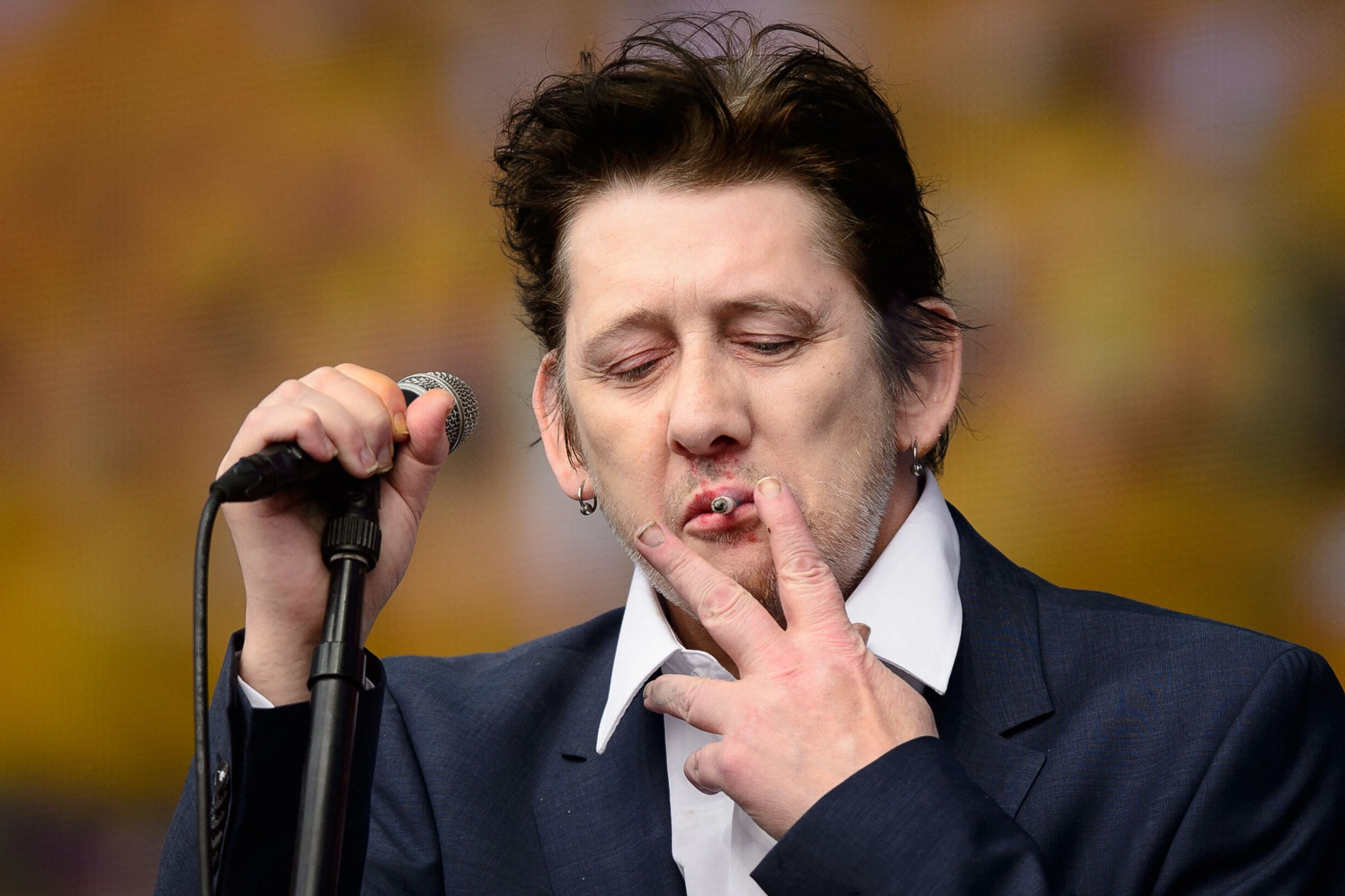Irish musician Shane MacGowan, who had a clear voice and stance, died yesterday at the age of 65. The death was announced several times over the years, due to a lifestyle consisting of excessive alcohol and drug use, and his wife, Victoria Mary Clarke, confirmed the death, without revealing the cause. But it is known that Sheen was hospitalized for several months in intensive care due to viral encephalitis.
In an emotional speech on social media, the partner remembered Sheen as “the love of my life, the most beautiful soul, the most beautiful angel, the sun and the moon, the beginning and the end of everything I hold dear.”
What the Pogues, a band he helped found in 1982, brought to the music scene was no small feat: combining the vibrant harmonies of Celtic folk with the energy of punk. Everything is immaculately framed with characters inspired by literature, mythology and Bible readings.
The explosive combination of these elements gave rise to an original sound that McGowan justified, years later, by the desire to break away from what was then the norm, dissatisfied with the usual rock standards. “We just wanted to make music that was grounded, stronger, with more anger and real emotion,” he said.
From their early years, the Pogues established themselves as standard-bearers for Irish culture and nationalism. The protagonist was heard in the lyrics but also visible in the concerts, with repeated calls to preserve his country’s identity.
In a documentary dedicated to his journey called “The Gold Trap: A Few Rounds with Shane MacGowan” by director Julian Temple, the vocalist and lyricist admitted that his involvement in the nationalist cause was due to “a lack of courage in joining the IRA.” The Pogues was my way of getting over that, he admitted.

“Infuriatingly humble analyst. Bacon maven. Proud food specialist. Certified reader. Avid writer. Zombie advocate. Incurable problem solver.”

